Zach Krahmer (b. 1991) is a self-taught photographer and video producer born in Portland, OR. Between 2009-13, he lived in Washington, DC where he studied International Development and worked as a photographer on Capitol Hill. Through independent projects he was able to visit ~30 countries in this time, hitchhiking across Africa, working with aboriginal issues in Australia and fighting forest fires in Nevada. Upon completing his degree, he was based out of Osh, Kyrgyzstan in Central Asia for a year. Since returning home to Portland, he has worked with a variety of advocacy groups to explore issues of identity and representation in his own backyard. He is interested in the way we relate to our state, our immediate environment and to one another. His work reaches a global audience and seeks to enable empathy towards unheard stories. Today we share Zach’s series titled Farmers of Tohoku.
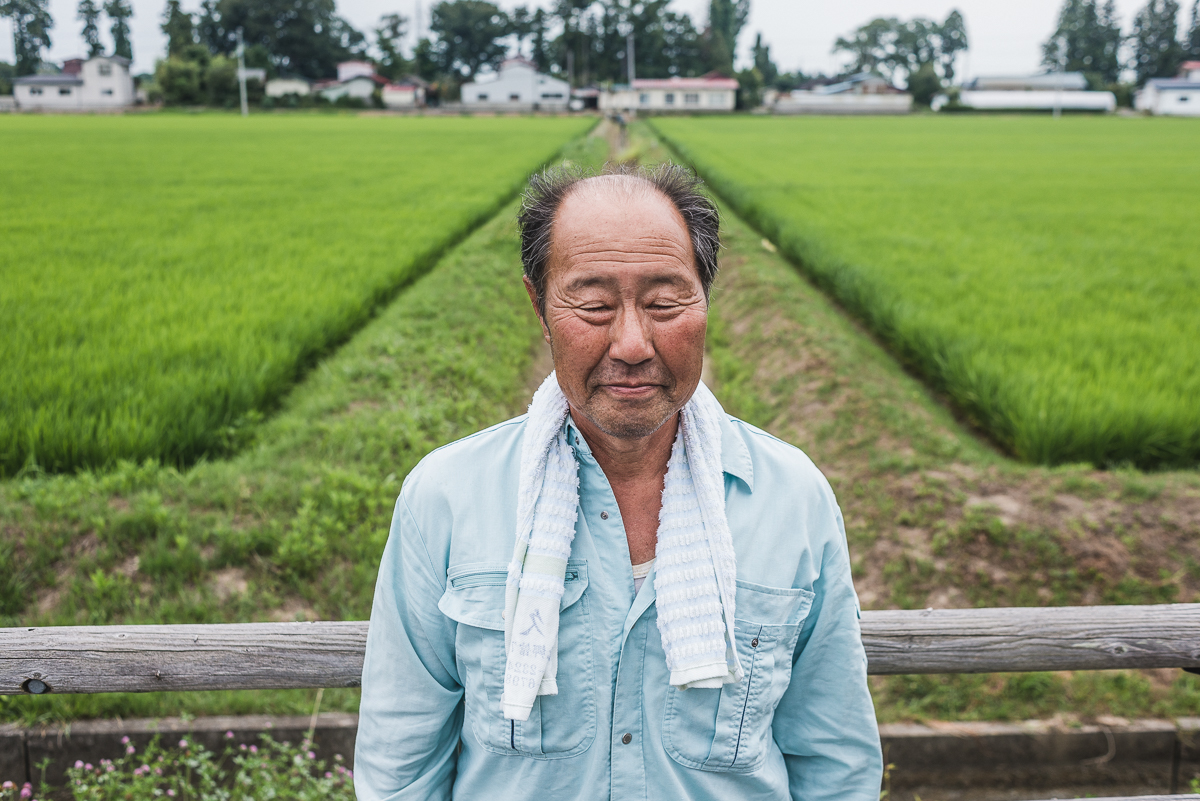
Watanabe Yoshiaki – July 15, 2015

Hashimoto Takashi – July 12, 2015
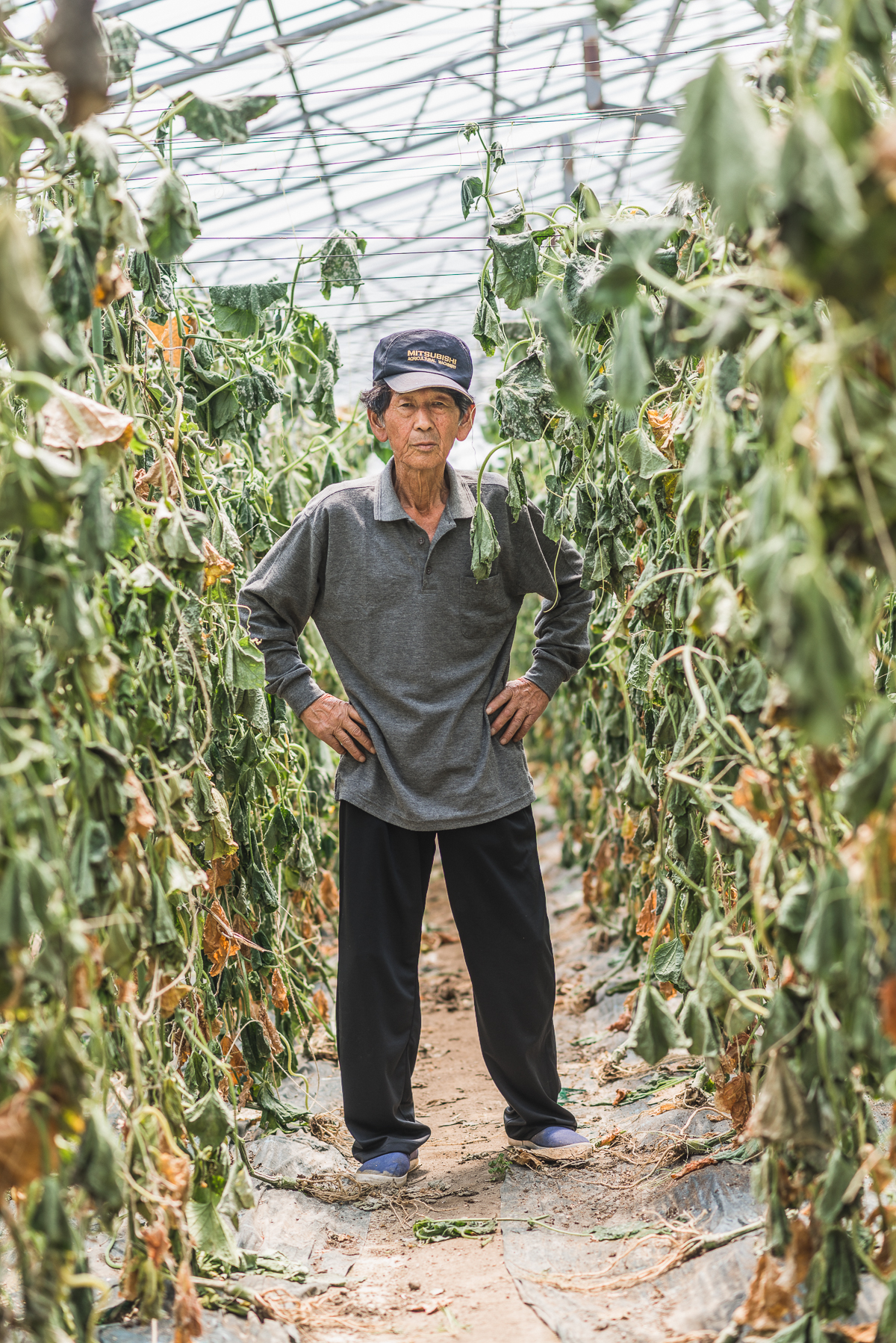
Tsukasa Abe – July 13, 2015

Sasaki Tomie – July 14, 2015
Farmers of Tohoku
The word for rice in Japanese, gohan, is synonymous for meal, an act we undertake three times each day. Riding the high-speed train, Shinkansen, affords a unique view of Japan—suddenly you’re out of Tokyo, hurtling through the countryside. Weeklong treks, covering large tracts of land owned by individual farmers, are now condensed into mere hours. Flashes of emerald, easily distinguished as rice fields that don’t quite stretch to the horizon, are reminiscent of a millennia-old system, which valued farmers as indispensable members of society.
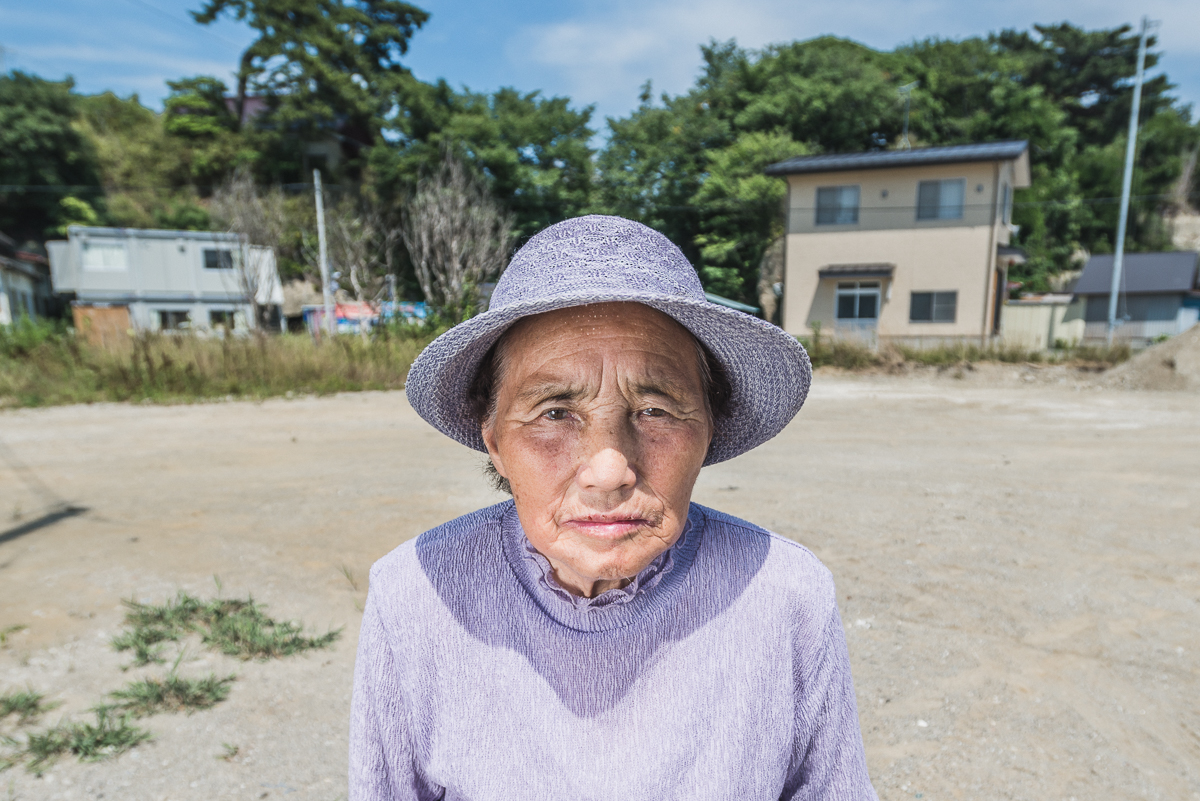
Hatsamu Suzuki – July 14, 2015
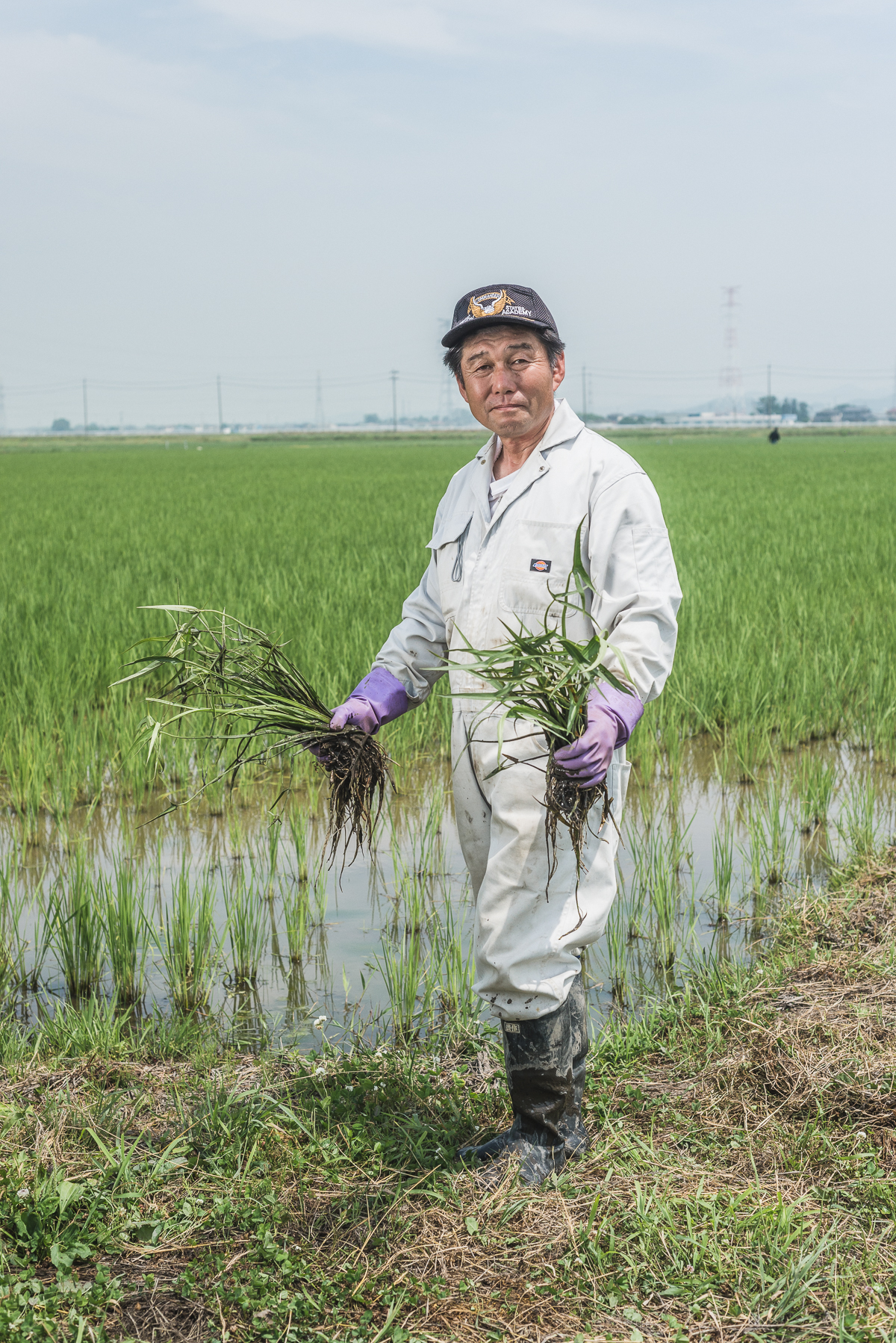
Ota Toshiharu – July 13, 2015
Now, the average age of a farmer in Japan is 67 — the highest in the world. A growing middle class, flight to urban centers, lowered food prices, and higher production costs have fundamentally altered the viability of agricultural work. Proposed legislation in 2018 would remove protective import tariffs (up to 700%), and allow corporate groups to consolidate unwanted farmland. The potential impacts of the Trans Pacific Partnership (TPP) on independent farmers in Japan are ambiguous at best.
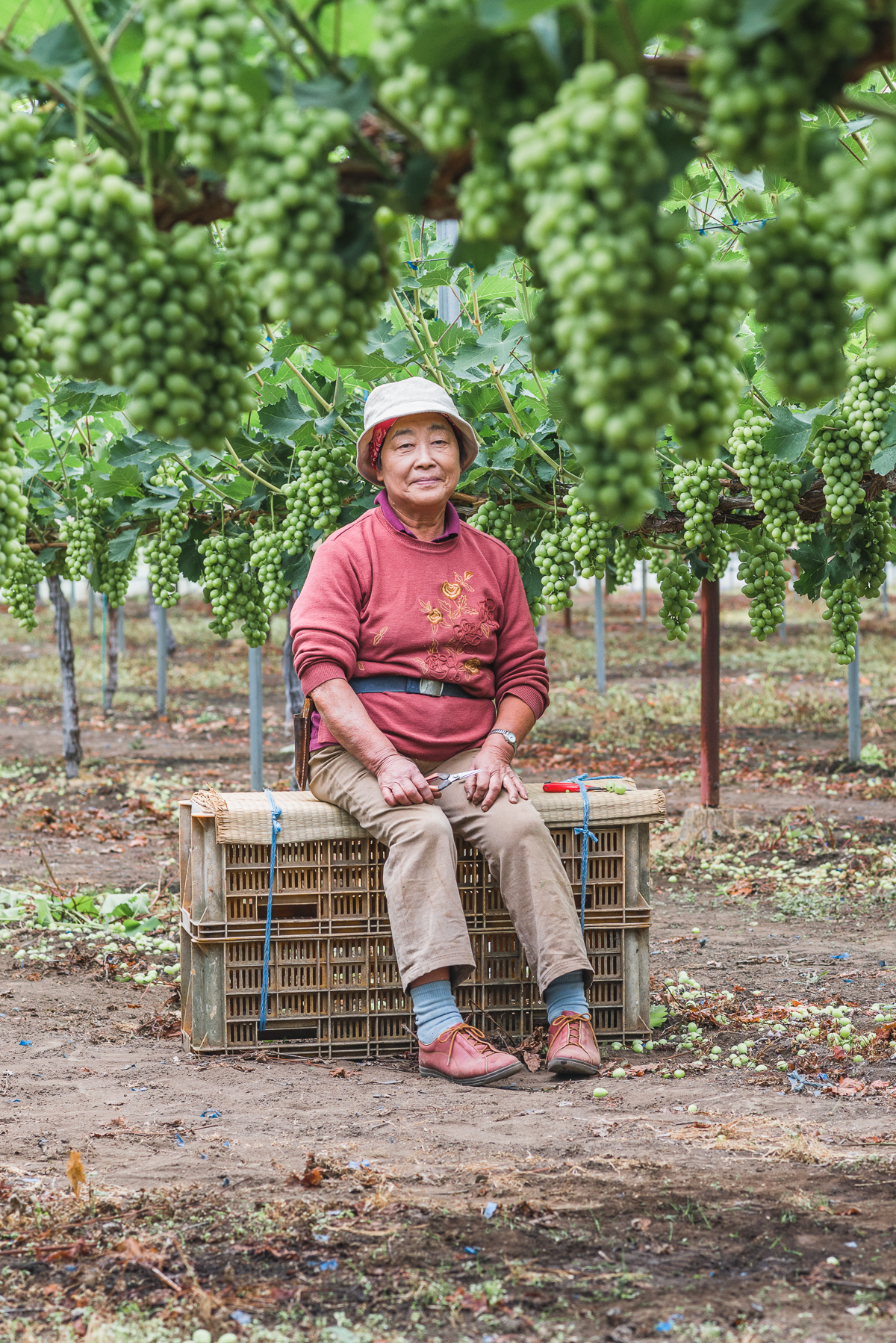
Ishii Nariko – July 17, 2015
For Japan, the millennia-old system of small-scale farming is evolving into a new system of large farms operated by a few individuals. This collection presents current farmers’ experiences, conveying a larger impression of the farming experience. We must humanize and understand the individual if we are to make sense of the larger picture.
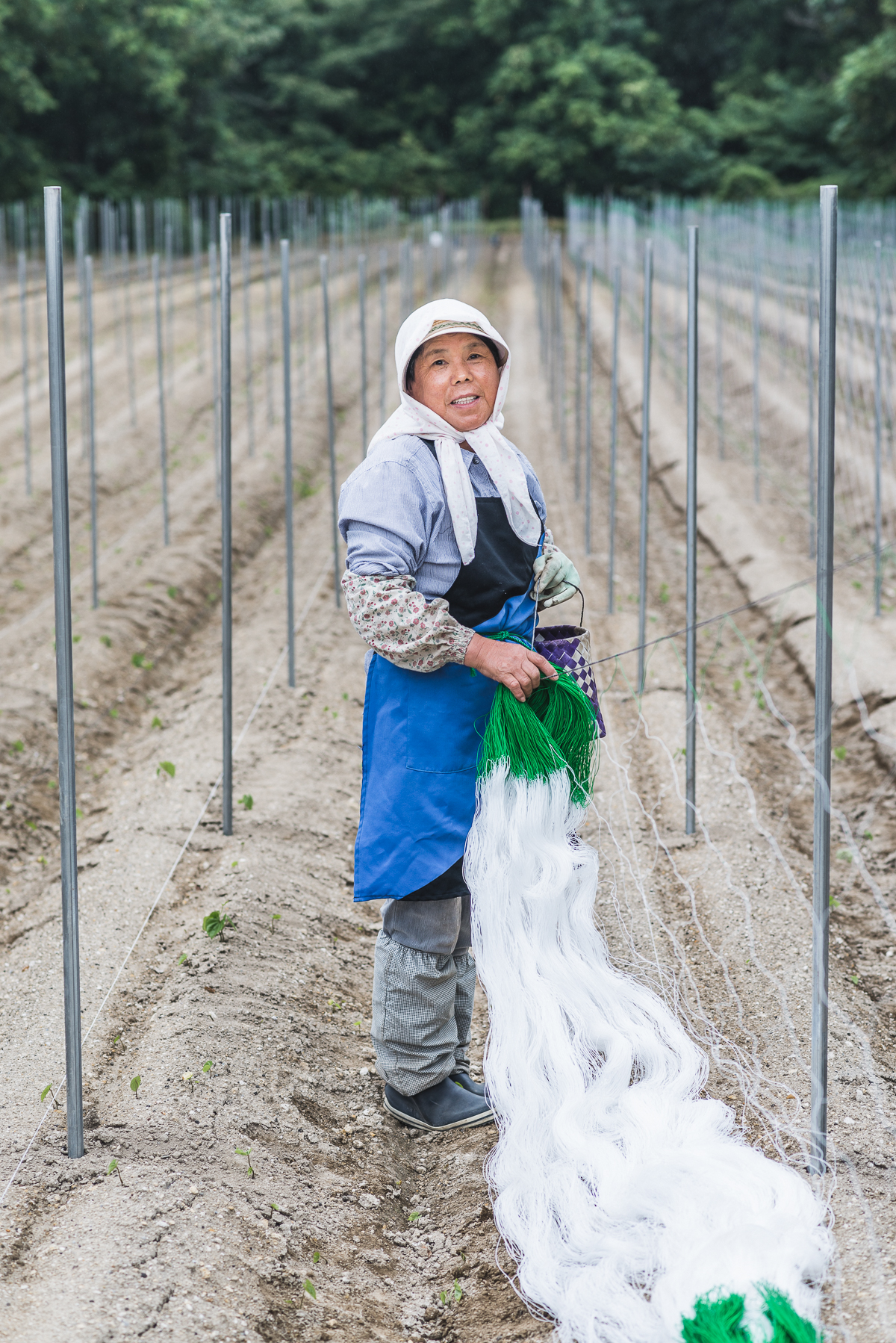
Nakasato Nobuko – July 16, 2015
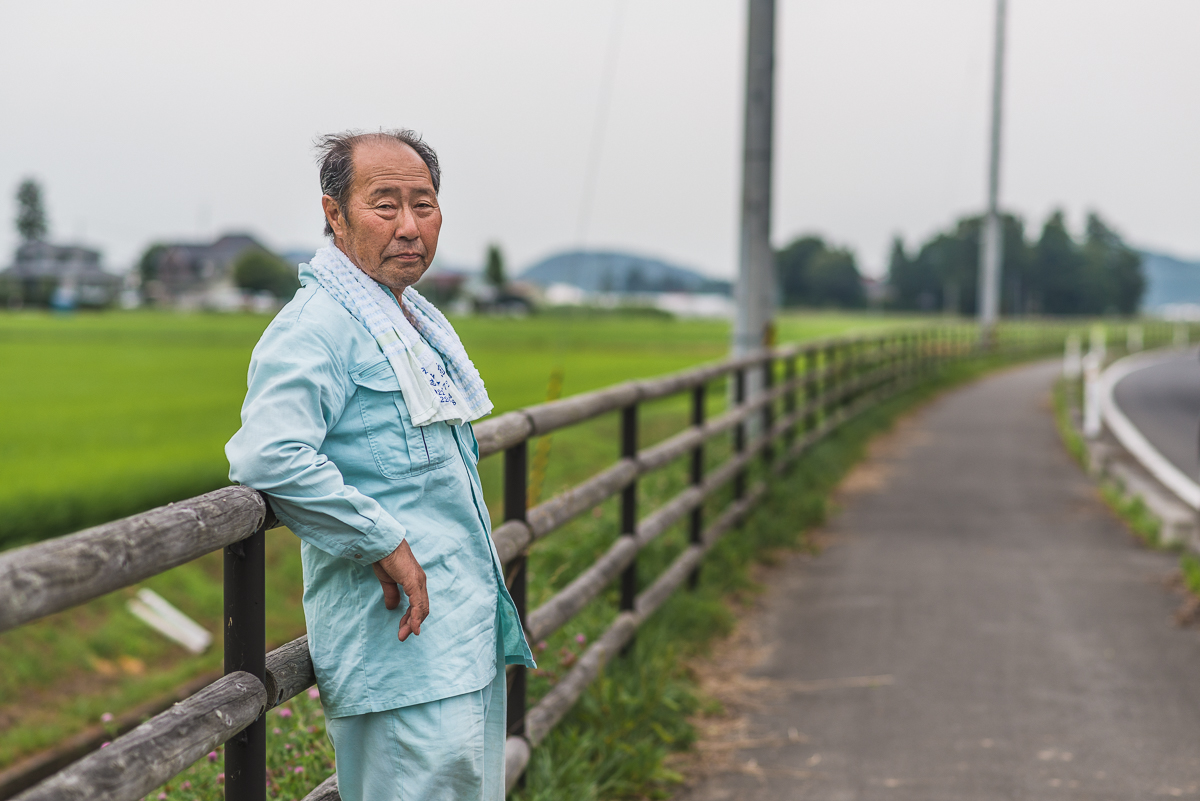
Watanabe Yoshiaki – July 15, 2015
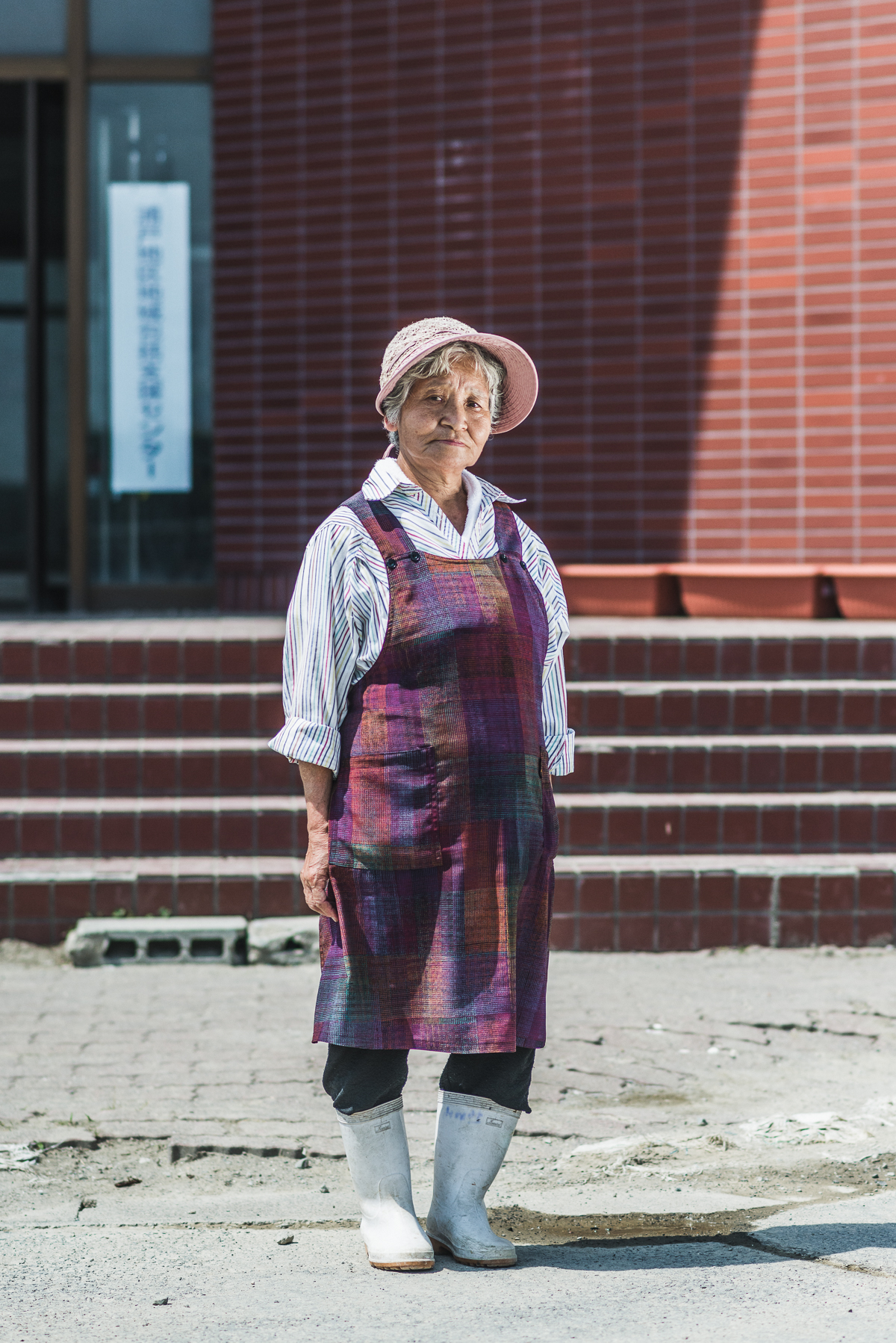
Hariko Watanabe – July 14, 2015
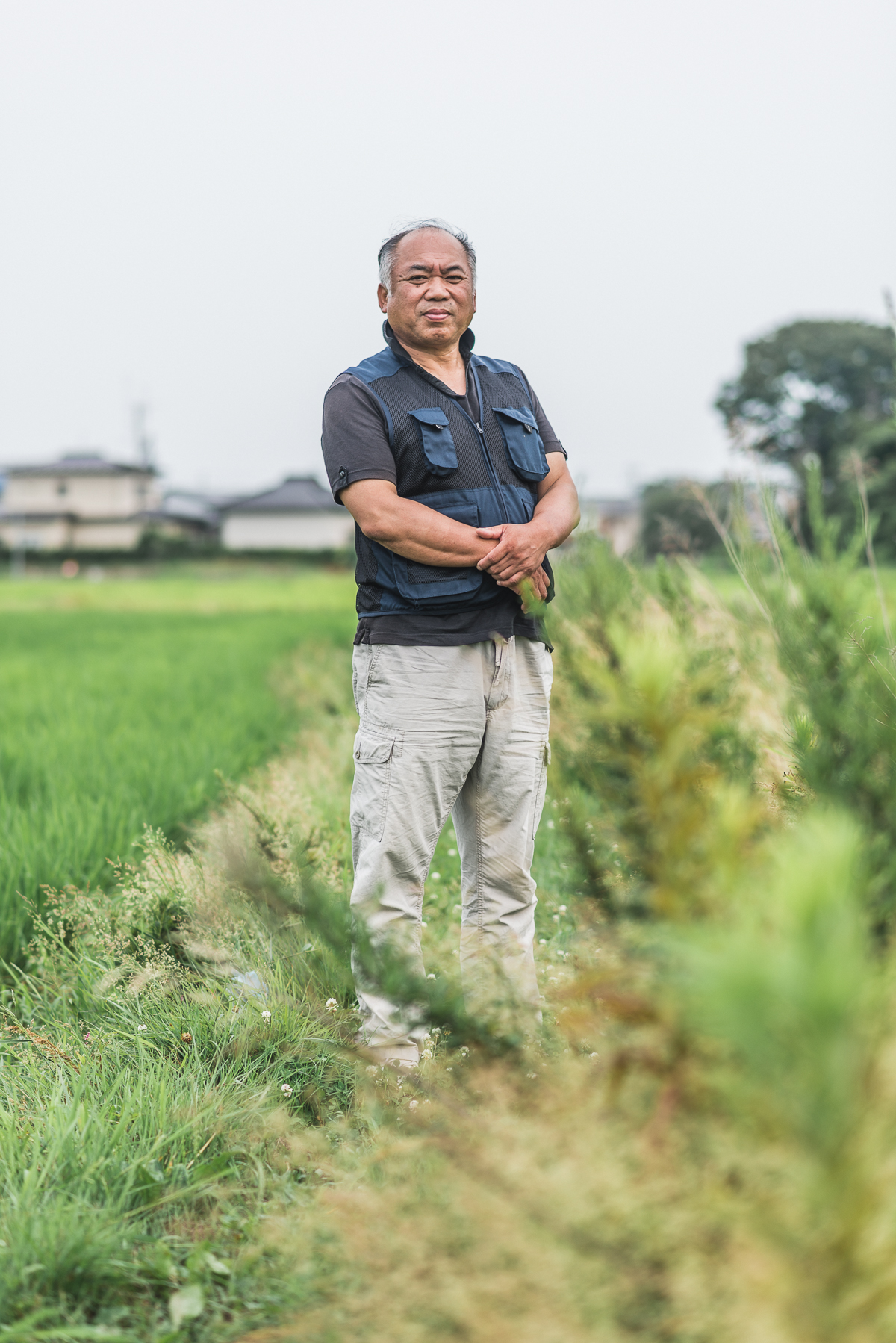
Mikami Seishi – July 15, 2015
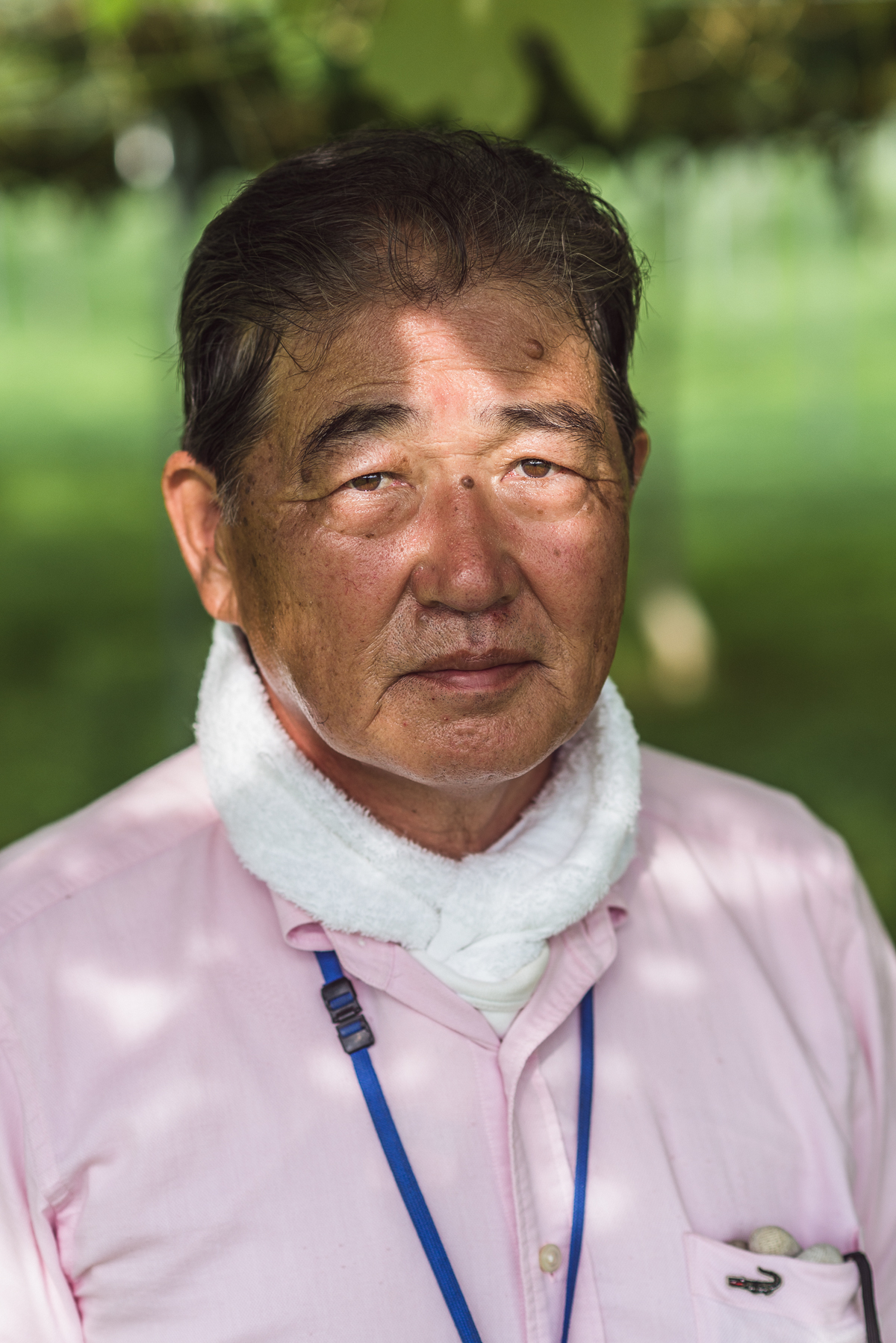
Itabashi Tsugio – July 13, 2015

Shigeru Sato – July 13, 2015
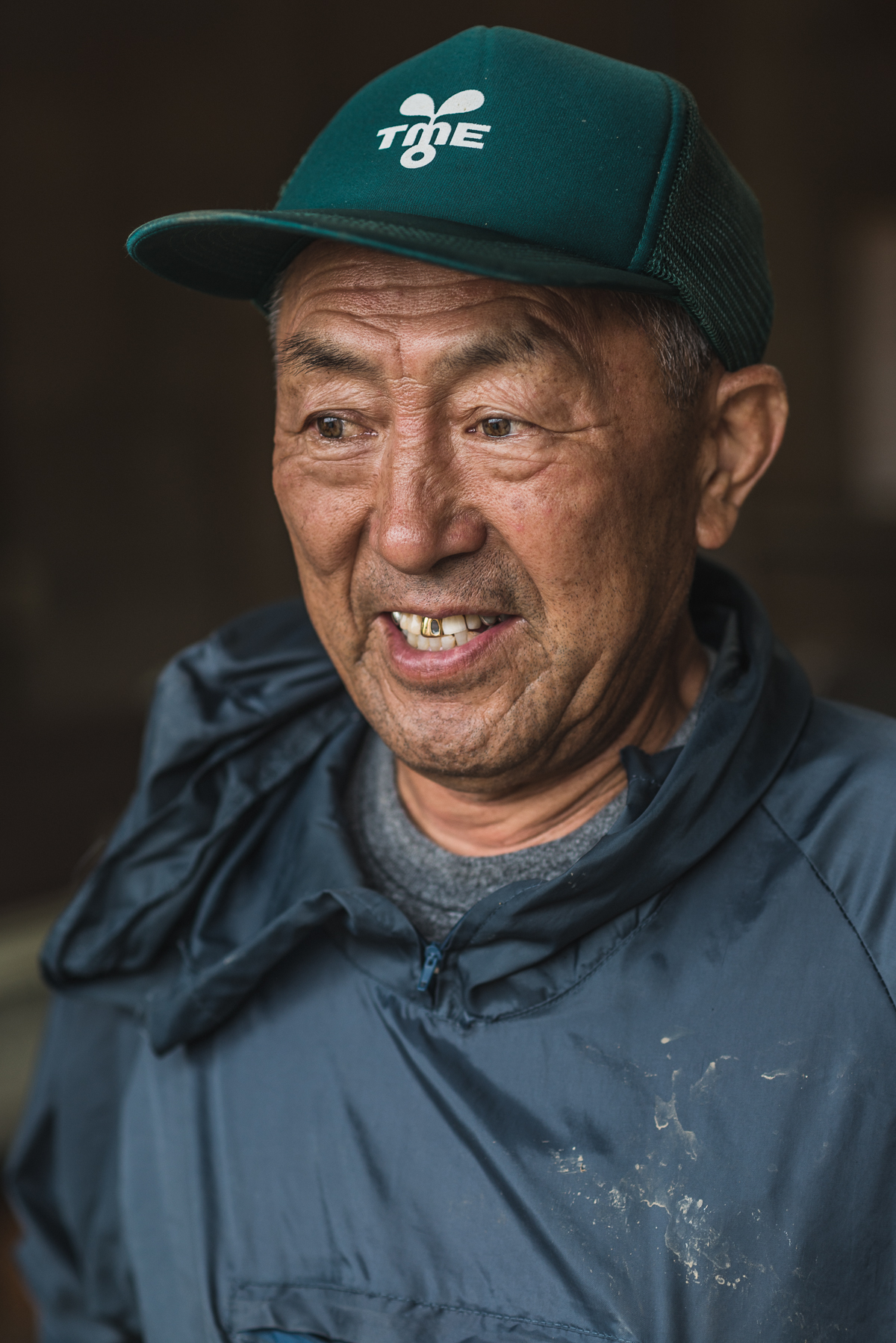
Nakasato Kaneki – July 16, 2015
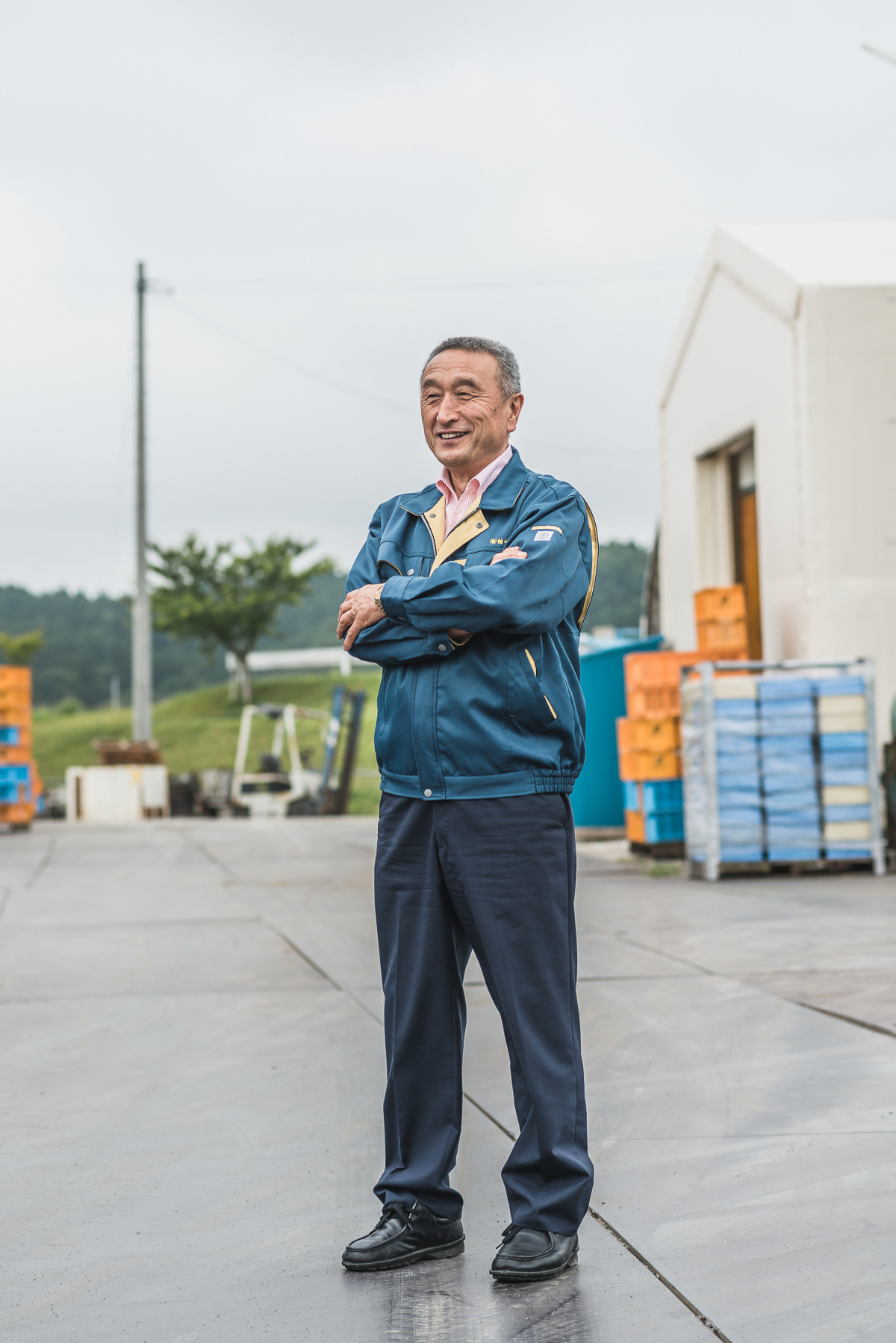
Kashiwazaki Shinichi – July 16, 2015
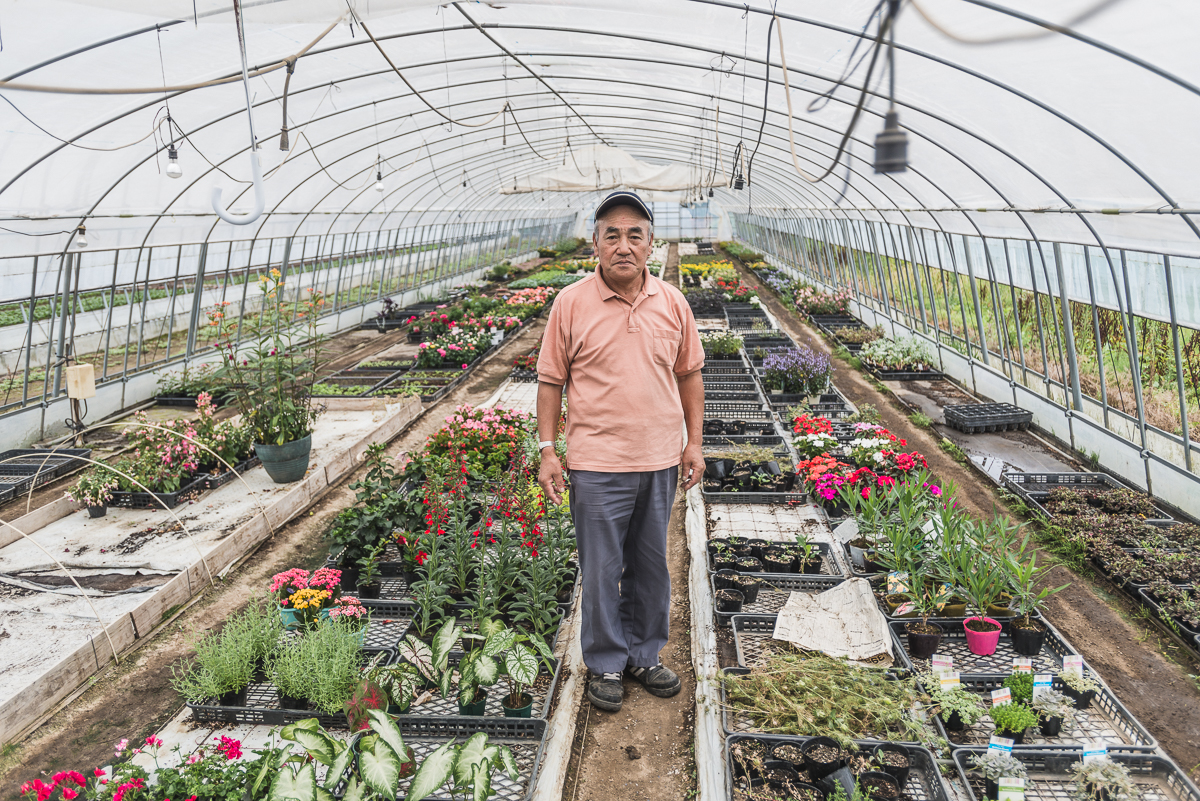
Masami Nakano – July 17, 2015
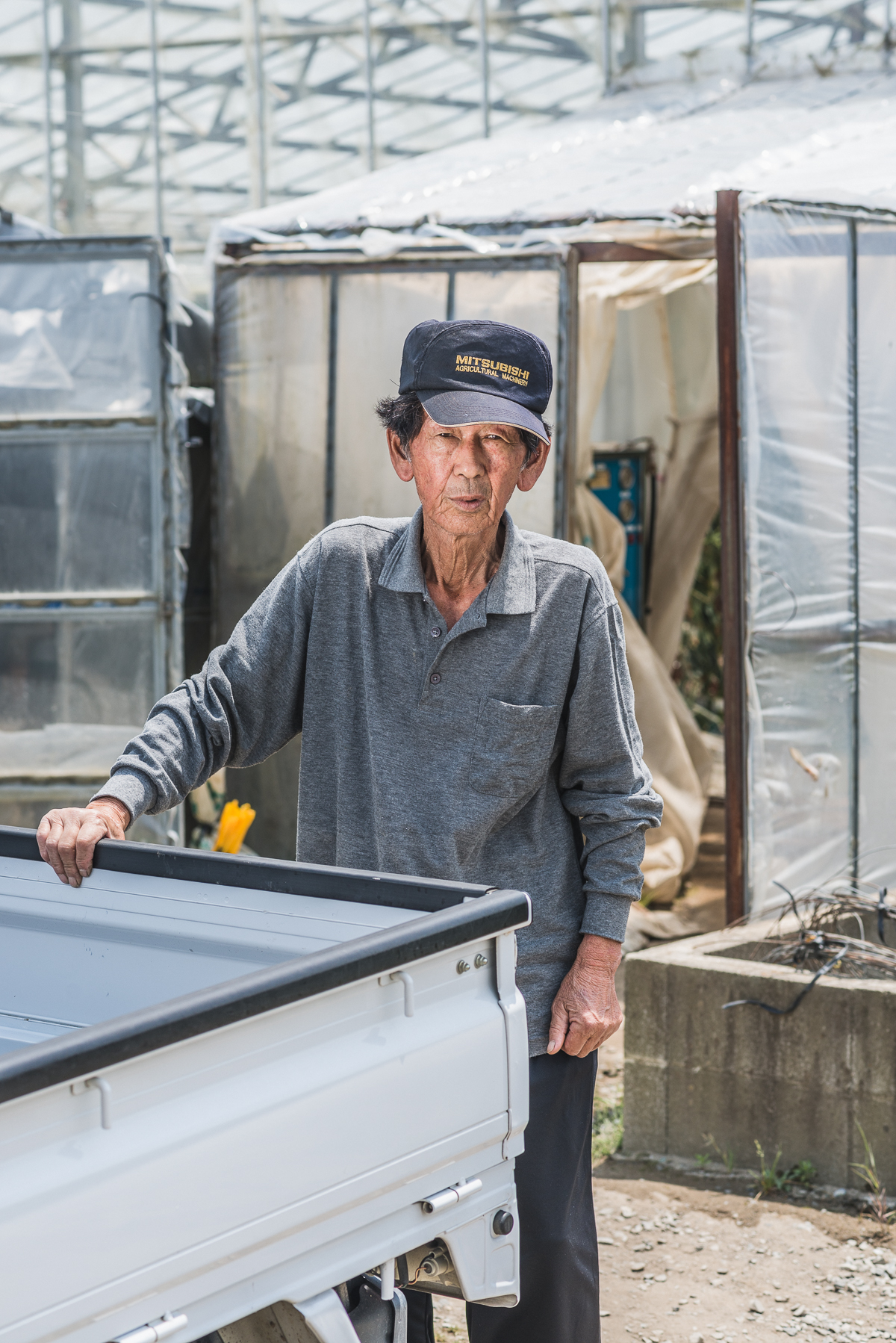
Tsukasa Abe – July 13, 2015

Tools – July 16, 2015
To view more of Zach’s work please visit his website.